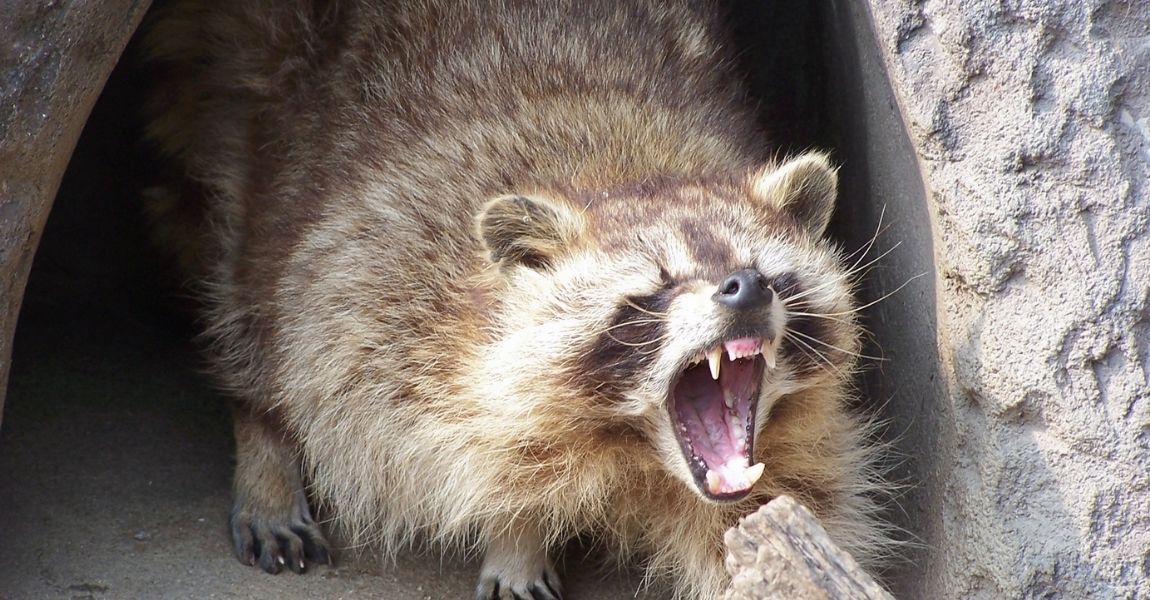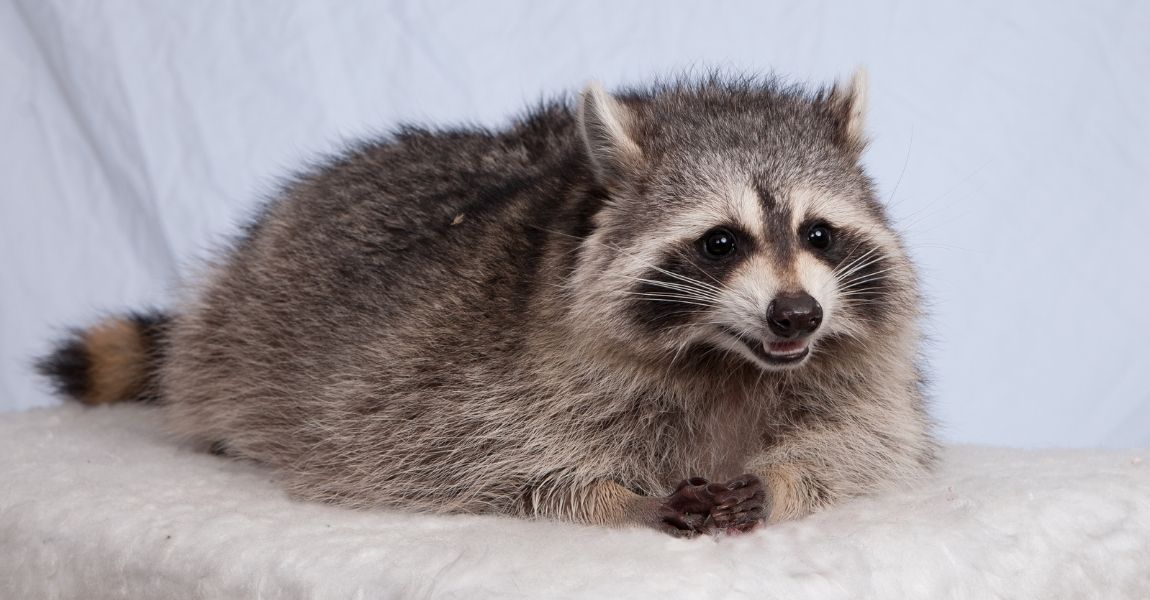Things You Must Know About Your Pet Raccoon
Legal Considerations:
Before bringing a raccoon into your home, it is crucial to research and understand the legalities surrounding their ownership. Laws and regulations regarding pet raccoons vary widely depending on your country, state, and local jurisdiction. Some areas may prohibit private ownership of raccoons altogether, while others require special permits or licenses. Familiarize yourself with the laws in your area to ensure compliance and avoid any potential legal issues.
Commitment and Socialization:Raccoons are highly social animals that require a significant commitment of time and effort. They crave social interaction and mental stimulation, so it's essential to provide ample opportunities for engagement. Regular playtime, positive reinforcement training, and environmental enrichment activities are crucial for their well-being. Socializing your raccoon from a young age will help them develop into well-adjusted and friendly companions.
Space and Environment:Raccoons are active creatures that require a spacious and stimulating environment to thrive. They have excellent climbing and digging abilities, so providing opportunities for physical exercise and mental stimulation is vital. An ideal living space for a pet raccoon should include both indoor and outdoor areas, with climbing structures, hiding spots, and toys to keep them engaged. Ensure that your home is raccoon-proofed to prevent any potential hazards or escape attempts.
Diet and Nutrition:Proper nutrition is essential for the health and well-being of your pet raccoon. In the wild, raccoons are opportunistic omnivores, feeding on a diverse diet that includes fruits, vegetables, insects, small mammals, and even carrion. To mimic their natural diet, a balanced commercial raccoon diet should be the foundation of their nutrition. Supplement their diet with fresh fruits, vegetables, and occasional lean meats. Consult with a veterinarian specializing in exotic animals to create a suitable and well-balanced diet plan for your raccoon.
Health Care:Finding a veterinarian experienced in treating raccoons is crucial for your pet's health and longevity. Regular veterinary check-ups, vaccinations, and preventive care are necessary to keep them healthy and protected from diseases. Raccoons are prone to certain health issues, including parasites, dental problems, and obesity. Therefore, maintaining a proactive approach to their healthcare, including regular check-ups and preventive treatments, is crucial.
Safety Precautions:While raccoons can form strong bonds with their human caregivers, it's important to remember that they are still wild animals at heart. They possess natural instincts and behaviors that can be unpredictable. Respect their boundaries and avoid handling them roughly or forcing them into situations that may cause stress or aggression. Always supervise interactions with children and other pets to ensure everyone's safety.
Ethical Considerations:Keeping a raccoon as a pet raises ethical considerations. Raccoons are wild animals with specific needs that may not be fully met in a domestic setting. They require a significant amount of time, effort, and resources to ensure their well-being. Moreover, keeping raccoons as pets may contribute to the illegal wildlife trade and disrupt natural ecosystems. Consider supporting conservation efforts and educational programs instead of seeking a raccoon as a pet.
In conclusion, owning a pet raccoon can be a rewarding and unique experience. However, it requires a deep understanding of their nature, specific care requirements, and a commitment to providing a suitable environment for their well-being. By being aware of the legal considerations, dedicating time to socialization and enrichment, providing a nutritious diet, and prioritizing their health care, you can enjoy a fulfilling and joyful life with your pet raccoon while respecting their wild nature.





